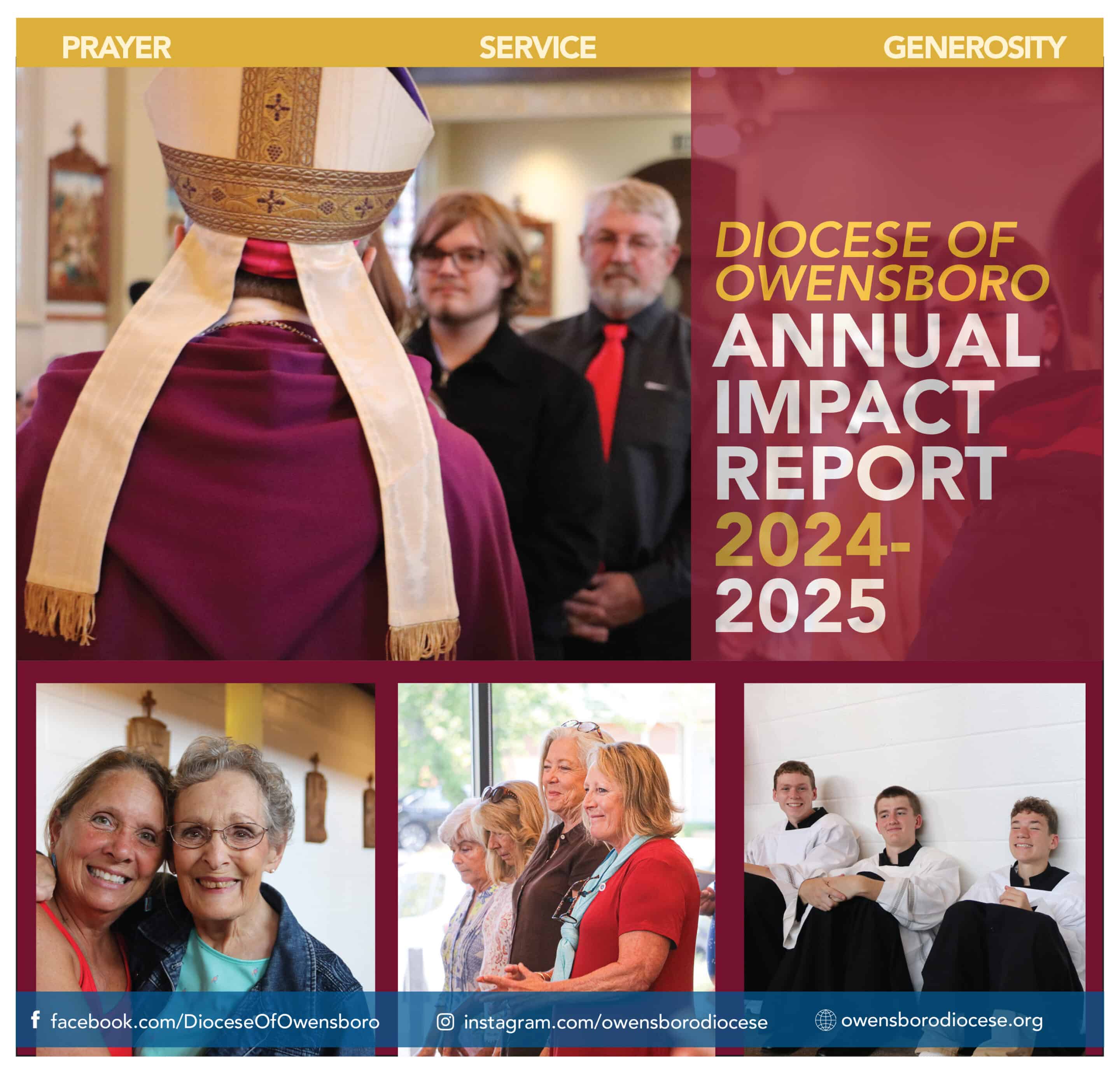Climate change: Why Catholics should care
BY GARY VERST, SPECIAL TO THE WESTERN KENTUCKY CATHOLIC
The earth has been warming up since the industrial age began. The probability of this happening secondary to the CO2 released from fossil fuel combustion was theorized in the 1880s but not reliably documented by serial atmospheric measurements until the 1950s. We have been struggling with what to do about it ever since. Some, with vested financial interests in the status quo, have rigorously diverted attention from the matter as professional deniers, and others have diligently attempted to get the world to address it as the extremely important matter that they have felt it to be without laudable success. Despite the issue no longer being as controversial as it once was, we have as a global people, been minimally effective in addressing it to date.
This was the setting for ‘Laudato Si’ by Pope Francis in 2015, the first papal encyclical ever published on the environment, focused on climate change. He wrote that “the earth herself, burdened and laid waste, was among the most maltreated of our poor” and that “never have we hurt and mistreated our common home as we have in the last 200 years.” Citing “a very solid scientific consensus” he beseeched Catholics and Catholic institutions to abandon our “endless cycle of consumerism” in favor of a lifestyle and philosophy of sustainability. He acknowledged the social justice issues inherent with a changing climate as alterations of weather patterns were expected to progressively compromise food production, shelter stability, biodiversity, and disease vector distributions that would disproportionately affect those least capable of adapting to such change. It was also noted that these same climatic changes could displace large numbers of the most vulnerable from their homes resulting in a loss of human dignity and respect.
In 2019, after the earth, our home, recorded in the last decade nine of the 10 hottest years recorded since 1880, and a bevy of billion-dollar weather disasters, he called on Catholics to divest themselves from fossil fuel companies and doubled down on the need to reduce the production of carbon exhausts in our daily activities. Admitting that “carbon pricing” can be quite disruptive and that manufacturers made to pay for the CO2 release in the manufacturing of their product would pass on that cost to the consumer, has resulted in the president of the Association of Catholic Colleges and Universities, Fr. Dennis Holtschneider, in support of Pope Francis’s position, to endorse a “carbon dividend.” Additionally, the U.S. Conference of Catholic Bishops’ Committee on Domestic Justice and Human Development welcomed the legislation as an important step forward in addressing climate change. Such a proposal, in effect, would see that such carbon tax funds would be distributed back to individual Americans, not the government, in such a manner that those with lower to medium incomes would not likely be adversely financially affected. Technical innovations would be stimulated and, consequently, new types of employment would evolve.
The question is, can we as Catholics change our hearts and behavior to do what is best for our world and fellow man, or to be put another way, is it Christian of us not to?
Gary Verst belongs to Holy Spirit Parish in Bowling Green.
Originally printed in the April 2021 issue of The Western Kentucky Catholic.

